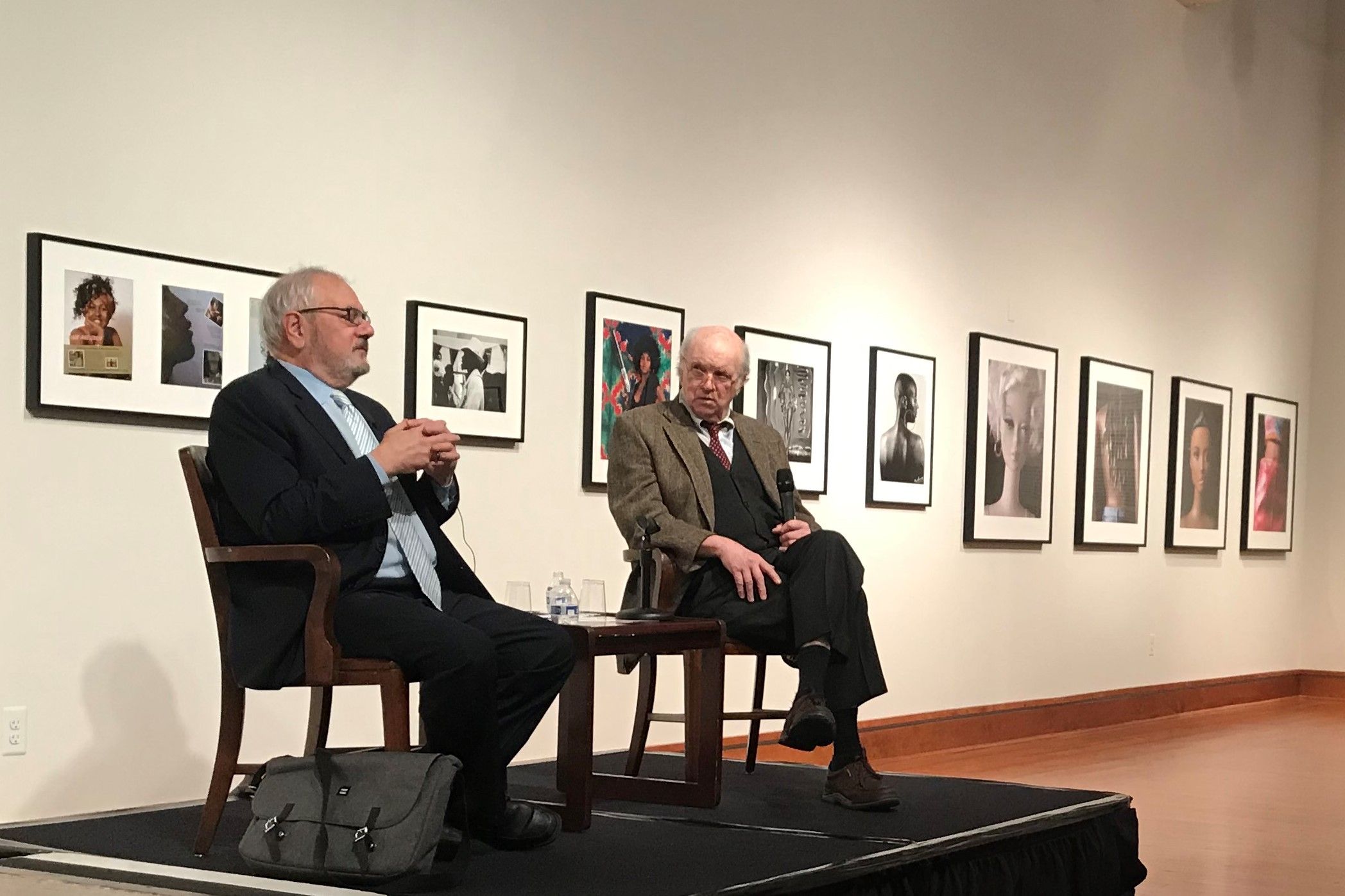Aaron Feldstein
Freelance reporter
The University of Maryland’s business school hosted former U.S. congressman Barney Frank on Wednesday, discussing a range of political issues, including his landmark banking legislation and his legacy as the first member of Congress to voluntarily come out of the closet.
After the 2008 financial crisis, Frank, a Massachusetts Democrat, joined Sen. Chris Dodd (D-Conn.) in sponsoring one of the largest Wall Street reform bills in American history, the Dodd-Frank Wall Street Reform and Consumer Protection Act.
The act was meant to curb the harmful Wall Street practices that caused a global economic recession — including subprime mortgage lending, which many believe to be a root cause of the stock market crash in the U.S.
“[Dodd-Frank] was like doing a Rubik’s Cube when all the individual squares have their own will,” Frank said to the crowd of around 100 attendees at Cole Student Activities Center.
The legislation established a variety of new government agencies, such as the Consumer Financial Protection Bureau and the Financial Stability Oversight Council, designed to more closely monitor various components of finance and banking in the U.S.
“The reaction [to Wall Street reform bill] was better than I thought it would be,” said Frank, who was in Congress from 1981 to 2013.
When the event moderator — New York Times columnist Thomas Edsall — asked Frank if the act was “the most important thing” he accomplished in Congress, Frank replied, “Yes and no.”
Dodd-Frank, he argued, “clearly had the most impact on society,” but his other proud moments included reducing housing costs and fighting to bar discrimination based on sexual orientation.
When Frank announced in 1987 that he was gay, he became the first congressman in U.S. history to willingly come out. He said the dilemma of choosing whether to enter politics when he knew he was gay forced him to sacrifice his sexuality for public life.
“By the time I retired, it was more socially acceptable to be gay than to be a politician,” he joked.
[Read more: New UMD club aims to promote LGBT inclusivity, offer safe space to queer students]
Jordan Baer, a public policy graduate student, said he found the “inner mechanisms of political debate” to be interesting.
“It’s good to hear more about Dodd-Frank from one of the authors himself,” Baer said.
The discussion was part of the third annual Fishlinger Family Lecture, hosted by this university’s Center for the Study of Business Ethics, Regulation and Crime and the behavioral and social sciences college.
Other topics included the decline in bipartisanship in Washington and newly elected Rep. Alexandria Ocasio-Cortez (D-N.Y.) as well as President Trump and former presidents George W. Bush and Barack Obama. In May 2018, Trump rolled back some of the provisions in Dodd-Frank, including easing rules on small- to medium-sized lenders.
[Read more: U.S. Supreme Court hears opening arguments of Maryland gerrymandering case]
“Anyone who refers to themselves in the third person looks like a twit,” Frank said of Trump.
The discussion of Trump particularly fascinated junior management and marketing major John Strauss.
“[Frank] spoke about how President Trump acts … like the economy is doing great, then bashes the [Federal Reserve] for thinking the economy actually is doing great,” Strauss said. “Of course you’d expect a congressman to be well-spoken, but he was really well-spoken.”



